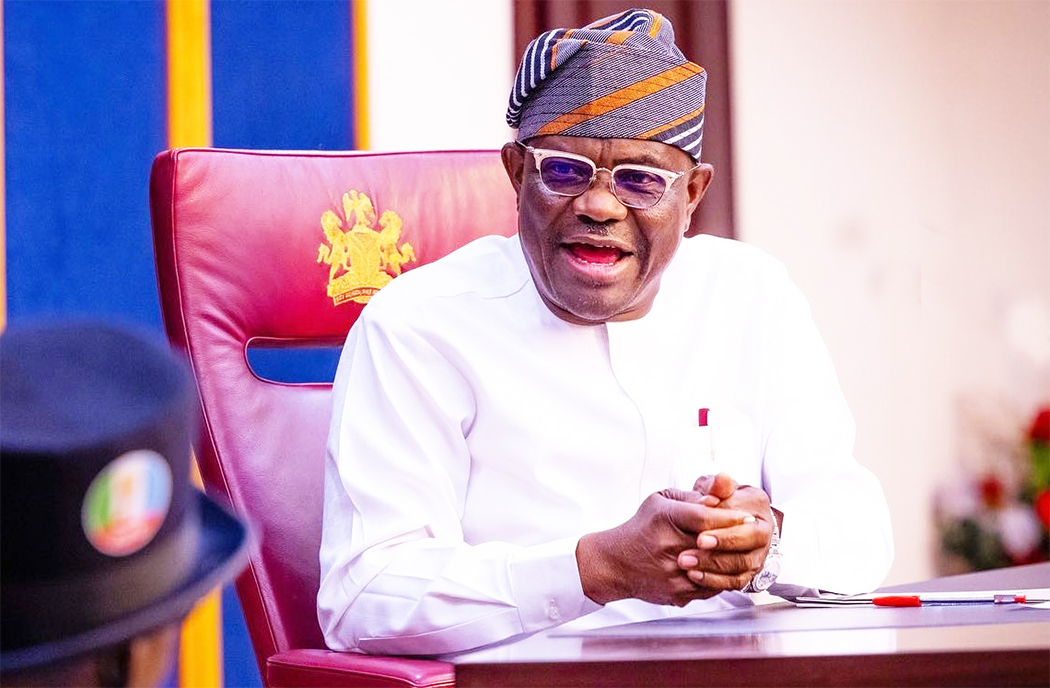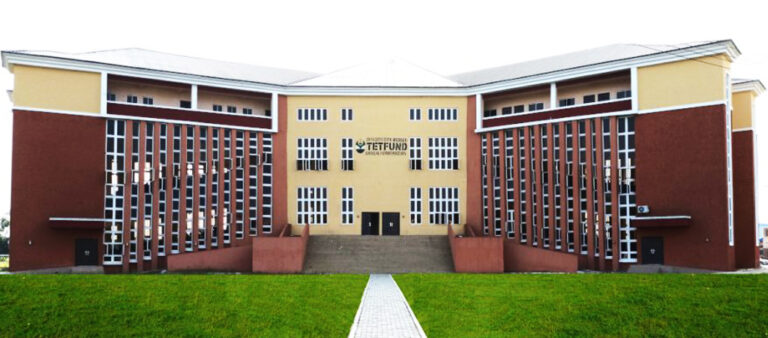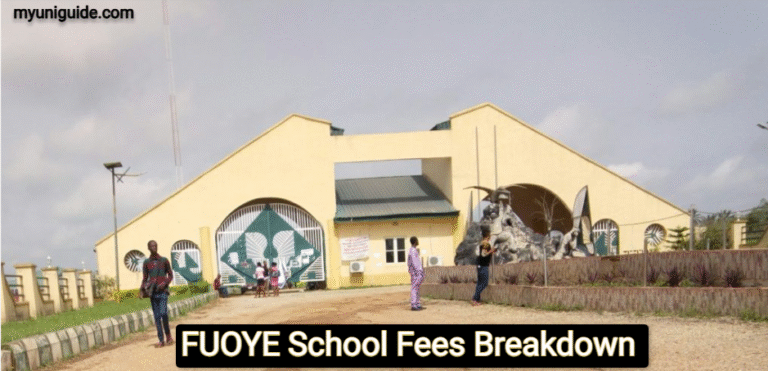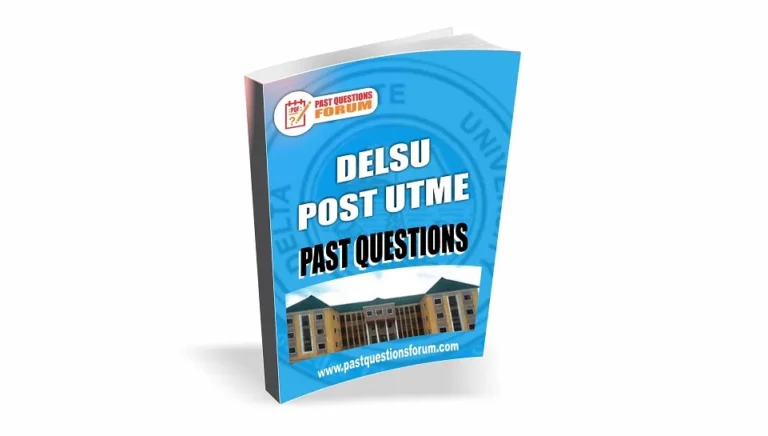Section 305 of the 1999 Constitution of Nigeria – All You need to Know
Section 305 of the 1999 Constitution of Nigeria, Can a President of Nigeria Suspend a Governor of a state? – All You need to Know
Below you will find out if the president has the constitutional power to suspend Fubara and his deputy.
Section 305 of the 1999 Constitution of Nigeria – All You need to Know
- (1) Subject to the provisions of this Constitution, the President may by instrument published in the Official -Gazette} of the Government of the Federation issue a Proclamation of a state of emergency in the Federation or any part thereof.
- (2) The President shall immediately after the publication, transmit copies of the Official -Gazette of the Government of the Federation containing the proclamation including the details of the emergency to the President of the Senate and the Speaker of the House of Representatives, each of whom shall forthwith convene or arrange for a meeting of the House of which he is President or Speaker, as the case may be, to consider the situation and decide whether or not to pass a resolution approving the Proclamation.
- (3) The President shall have power to issue a Proclamation of a state of emergency only when –
- (a) the Federation is at war;
- (b) the Federation is in imminent danger of invasion or involvement in a state of war;
- (c) there is actual breakdown of public order and public safety in the Federation or any part thereof to such extent as to require extraordinary measures to restore peace and security;
- (d) there is a clear and present danger of an actual breakdown of public order and public safety in the Federation or any part thereof requiring extraordinary measures to avert such danger;
- (e) there is an occurrence or imminent danger, or the occurrence of any disaster or natural calamity, affecting the community or a section of the community in the Federation;
- (f) there is any other public danger which clearly constitutes a threat to the existence of the Federation; or
- (g) the President receives a request to do so in accordance with the provisions of subsection (4) of this section.
- (4) The Governor of a State may, with the sanction of a resolution supported by two-thirds majority of the House of Assembly, request the President to issue a Proclamation of a state of emergency in the State when there is in existence within the State any of the situations specified in subsection (3) (c), (d) and (e) of this section and such situation does not extend beyond the boundaries of the State.
- (5) The President shall not issue a Proclamation of a state of emergency in any case to which the provisions of subsection (4) of this section apply unless the Governor of the State fails within a reasonable time to make a request to the President to issue such Proclamation.
- (6) A Proclamation issued by the President under this section shall cease to have effect –
- (a) if it is revoked by the President by instrument published in the Official Gazette of the Government of the Federation;
- (b) if it affects the Federation or any part thereof and within two days when the National Assembly is in session, or within ten days when the National Assembly is not in session, after its publication, there is no resolution supported by two-thirds majority of all the members of each House of the National Assembly approving the Proclamation;
- (c) after a period of six months has elapsed since it has been in force:
- Provided that the National Assembly may, before the expiration of the period of six months aforesaid, extend the period for the Proclamation of the state of emergency to remain in force from time to time for a further period of six months by resolution passed in like manner; or
- (d) at any time after the approval referred to in paragraph (b) or the extension referred to in paragraph (c) of this subsection, when each House of the National Assembly revokes the Proclamation by a simple majority of all the members of each House.
Can a President of Nigeria Suspend a Governor of a state?
Yes, the president can.
A declaration of a state of emergency under Section 305 of the Nigerian Constitution (1999, as amended) can create exceptional circumstances where the federal government, led by the President, might exert significant control over a state, potentially affecting the governor’s position.

Section 305 allows the President to declare a state of emergency in a state or the entire country if:
- There is a clear and present danger to public order, safety, or security (e.g., war, insurrection, or breakdown of law and order).
- The National Assembly approves the declaration by a two-thirds majority within a stipulated time (two days if the Assembly is sitting, or ten days if it is not).
During a state of emergency, the President can issue executive orders or take extraordinary measures to restore stability.
The constitution does not explicitly state that a governor can be suspended, but the federal government may assume broader authority over state functions, depending on the emergency’s nature and the enabling legislation passed by the National Assembly.
If the governor is directly involved in or responsible for the conflict (e.g., inciting unrest, undermining security, or engaging in actions deemed treasonous), the President could argue that federal intervention is necessary to neutralize the threat.
In such a case:
- The President might deploy security forces or appoint an administrator to oversee the state temporarily.
In 2004, President Olusegun Obasanjo declared a state of emergency in Plateau State due to communal violence.
Governor Joshua Dariye was suspended, and an administrator (Major-General Chris Alli) was appointed to run the state for six months.
This was upheld by the National Assembly but was controversial and criticized as an overreach, though not successfully challenged in court at the time.
Similarly, in 2006, a state of emergency in Ekiti State led to Governor Ayo Fayose’s exit, facilitated by political and legal maneuvers rather than a direct presidential suspension.
Today, President Bola Tinubu declared a state of emergency in Rivers State and suspended Governor Siminalayi Fubara, his deputy Ngozi Odu, and all elected members of the Rivers State House of Assembly for an initial period of six months.
This action was announced during a nationwide broadcast on Tuesday, March 18, 2025, with Tinubu citing the ongoing political crisis and governance breakdown in the state as the reasons for his decision.
He has appointed Vice Admiral Ibok-Ete Ibas (Rtd) as the Administrator to oversee the state’s affairs during this period.
Recalled that on February 28, 2025, the Supreme Court of Nigeria delivered a judgment stating that Rivers State effectively had no functioning government due to the collapse of its legislative arm.
This ruling was tied to the ongoing dispute involving the Rivers State House of Assembly, where the court recognized the Martin Amaewhule-led faction as the legitimate assembly and ordered that no funds be released to the state government until a properly constituted legislature, as per the 1999 Constitution, was in place.
The court criticized Governor Siminalayi Fubara’s actions, including his alleged attempts to govern without a functional legislature, which it deemed unconstitutional.
This declaration aligns with the President’s apparent claim, as the Supreme Court’s position was that the absence of a functioning legislature undermined the state’s governance structure.
The ruling emphasized that the executive cannot operate in isolation, effectively suggesting a governmental vacuum until constitutional requirements are met.
The president’s action is in line with the constitiutional provisions.






